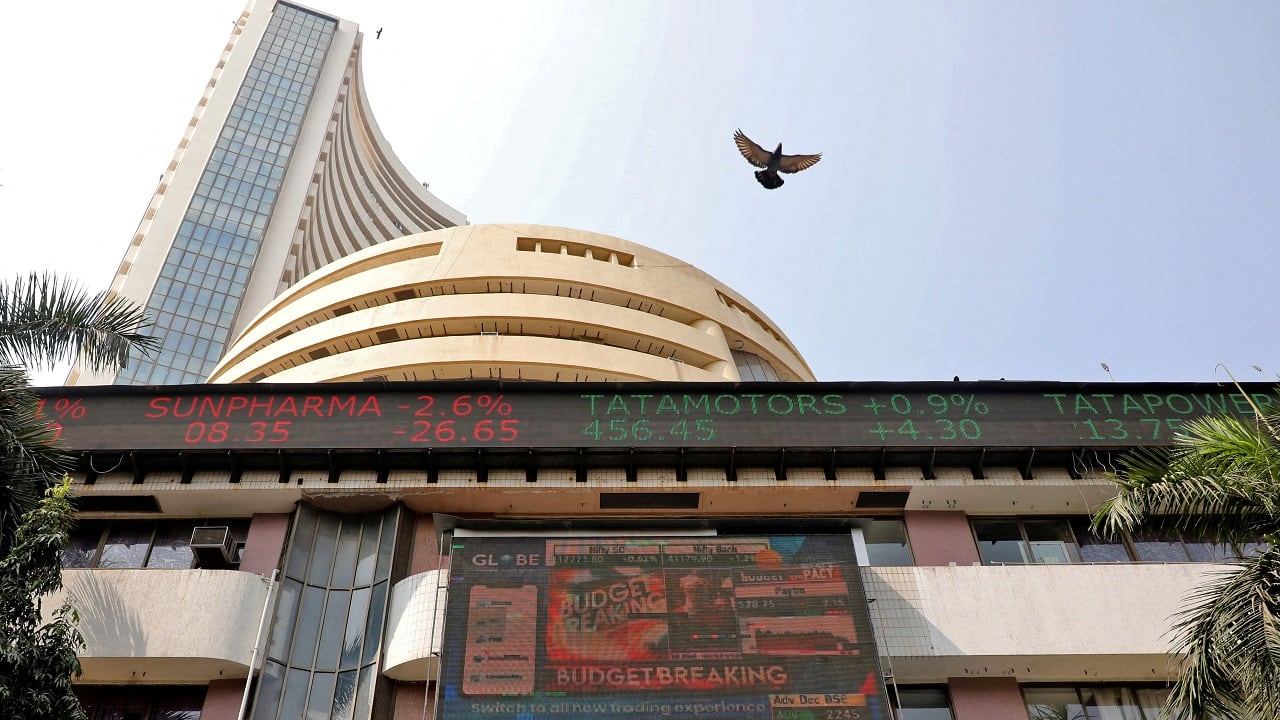 |
|
The Bombay Stock Exchange (BSE) will retain weekly derivative contracts linked to the Sensex, despite new regulations from the Securities and Exchange Board of India (SEBI) that aim to curtail excessive speculation in the options market. This decision highlights the significant volume of trading activity associated with the BSE Sensex, making it the preferred choice for the exchange to maintain weekly expiry options.
SEBI's recent directive, effective from November 20, mandates exchanges to reduce the number of weekly options contracts available to investors to only one. This move is a response to the surge in retail investor participation in options trading, which the regulator and the government perceive as a potential risk to household finances. A SEBI study revealed that individual traders incurred a net loss of Rs 1.81 lakh crore in futures and options over the three years ending March 2024, with only 7.2% of traders generating a profit.
The BSE currently offers two index-linked contracts, the BSE Sensex and BSE Bankex. However, the BSE Sensex commands substantially higher trading volumes compared to the Bankex. This disparity in activity led the BSE to prioritize the Sensex for retaining weekly expiry options, as it represents the more actively traded contract. While the BSE initially declined to comment on the matter, data indicates that the notional turnover for BSE's index options in August reached Rs 2,603 lakh crore, with the Sensex accounting for 85% of the trading volume in the financial year ending March 2024.
The impact of SEBI's new regulations on BSE's earnings is anticipated to be relatively contained. Jefferies, an investment bank, revised its earnings per share estimate for BSE downwards by 10%, assuming the discontinuation of the Bankex product and focusing on the volume impact of the remaining Sensex product. Despite initial market concerns, BSE's share price rebounded, driven by the fact that SEBI's final rules reduced expiry-day margins to 2% compared to the previously proposed 8%.
The National Stock Exchange of India (NSE), the country's largest exchange, has four weekly expiries linked to the Nifty, Bank Nifty, Fin Nifty, and Nifty Mid-cap. While the NSE has not yet disclosed which weekly expiry it will retain, its decision will likely be guided by trader feedback. Data suggests that the Bank Nifty, contributing 50% of option premium volumes, is the NSE's most active contract. The notional turnover for index options on the NSE in August amounted to Rs 7,768 lakh crore.
The contrasting approaches of BSE and NSE in dealing with SEBI's new rules highlight the evolving landscape of equity derivatives trading in India. The regulator's focus on mitigating risk for retail investors, coupled with the exchanges' efforts to adapt to the changing market dynamics, suggests a period of adjustments and potential shifts in trading patterns.
Source: BSE to retain weekly options linked to Sensex after new F&O rules: Report
